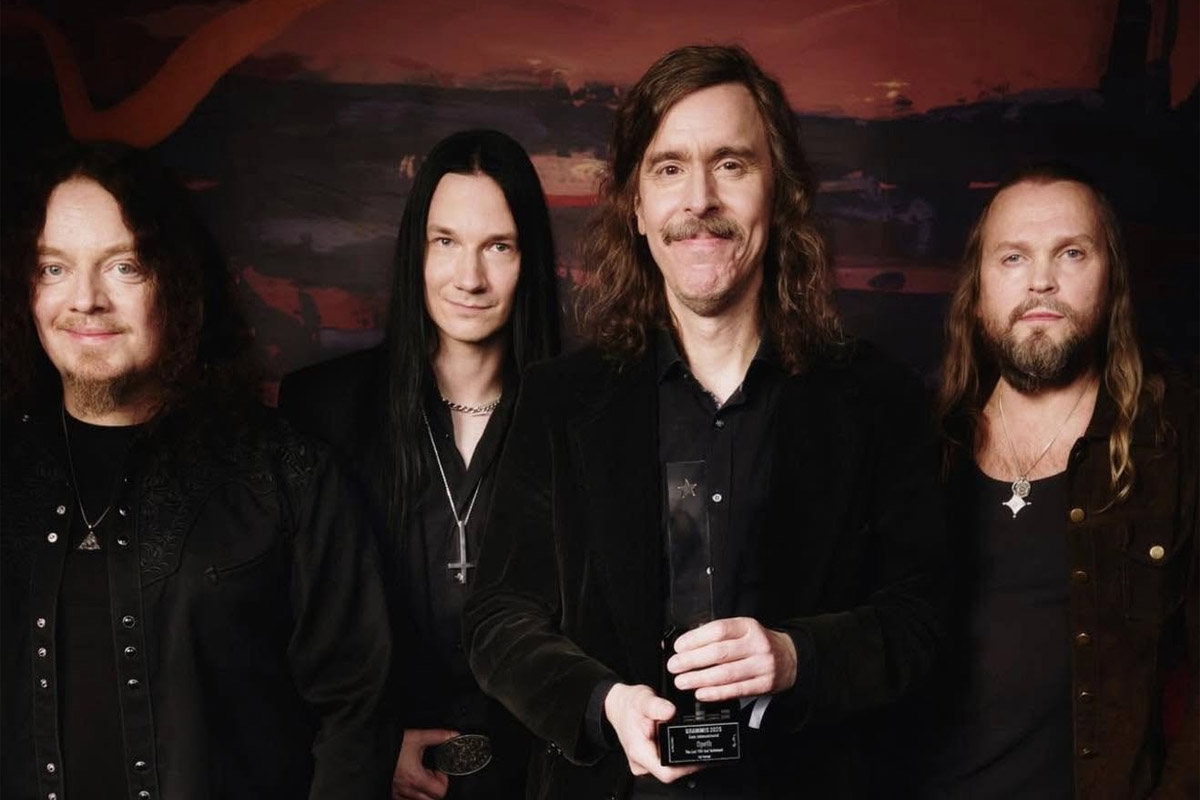Mikael Åkerfeldt, Opeth’s frontman, discussed the band’s musical evolution in a recent interview with Monsters of Rock. The discussion explored the band’s approach to their musical heritage and creative direction.
“I don’t really pay too much attention to our roots to be honest. They are there regardless if I want it or not,” Åkerfeldt said. “So I don’t really have to think about those kind of things. I think that some of our fans would probably disagree and say that we have abandoned our roots.”
“To some extent I suppose that’s true but the kind of core of our sound from the beginning wasn’t to attach ourselves to a specific sound or a specific direction,” he continued. “I remember we talked amongst ourselves in the early incarnation of the band that it would be great if we could be one of those bands who can do anything they want.”
The frontman’s comments highlight a journey of musical evolution spanning three decades. This period has been marked by significant stylistic shifts and artistic growth.
Early Foundations

Research from Ultimate Metal revealed Opeth’s emergence from the Stockholm death metal scene in 1990. The band quickly distinguished themselves by experimenting beyond genre conventions.
Their innovative spirit manifested in their earliest works. Albums like ‘Orchid’ showcased a diverse range of elements, combining acoustic guitars, piano, and clean vocals with traditional metal components.
Breakthrough Evolution

Simply Stick documented a defining moment in Opeth’s journey with their 2001 album ‘Blackwater Park.’ The collaboration with Porcupine Tree’s Steven Wilson as producer opened new sonic territories for the band.
This landmark release merged heavy riffs with progressive rock elements. The complex song structures created a blueprint for the band’s future direction.
Modern Transformation

Coverage from Louder Sound tracked the band’s continued evolution through albums like ‘Heritage’ (2011) and ‘Pale Communion’ (2014). These releases marked a decisive shift toward clean vocals and classic rock influences.
This bold transformation sparked debate among fans. However, it reinforced the band’s dedication to artistic freedom and continuous evolution that Åkerfeldt emphasized in his recent interview.





